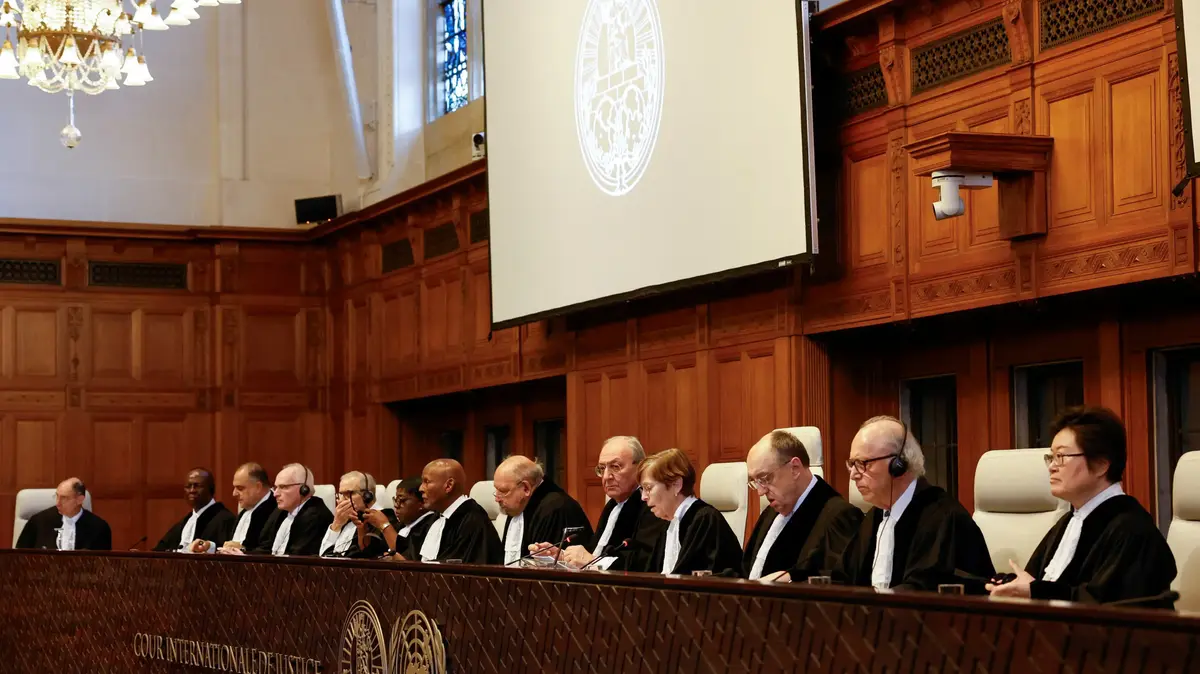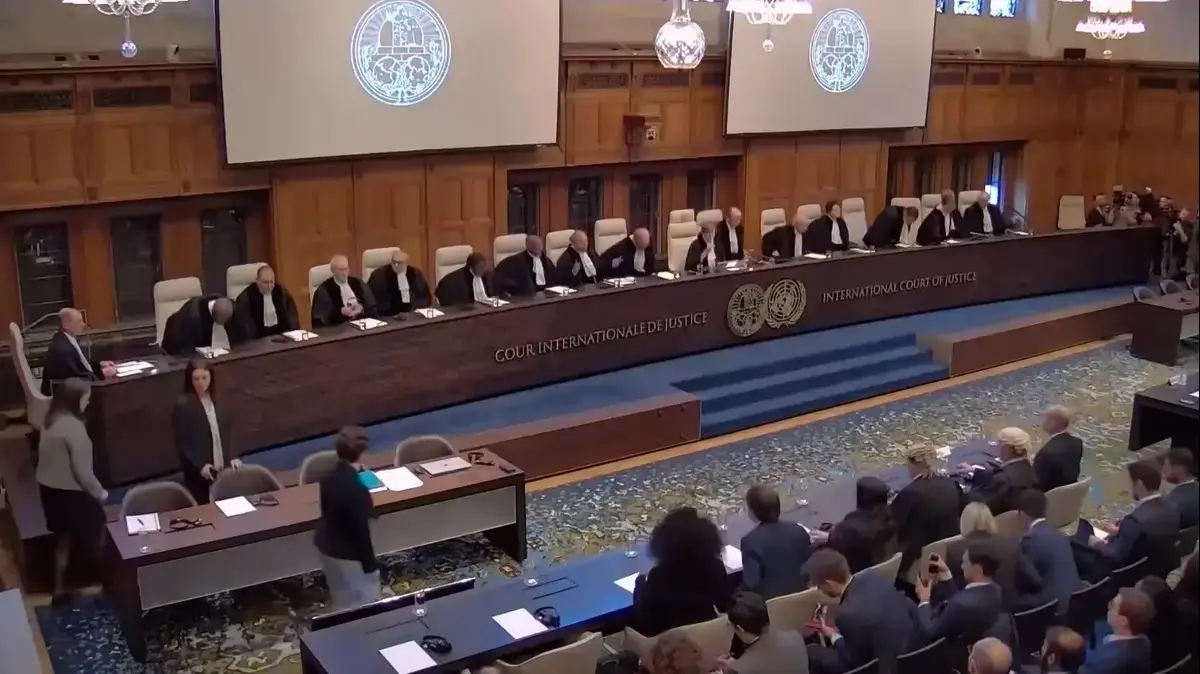The agreement to demarcate the border with Lebanon requires a careful distinction between the question of its strategic usefulness, the question of its legality and the question of its democratic legitimacy.
Too many people determine their position on the questions of legality or legitimacy according to their strategic assessment: the agreement is beneficial, and therefore supposedly legal or democratically legitimate;
Or on the contrary: it is harmful, and therefore supposedly illegal or illegitimate.
On top of that, there is sometimes a tendency to confuse the question of legality with the question of democratic legitimacy.
This is a mistake: Bennett, for example, established a government on a legal basis, but questionable in terms of democratic representation.
Reviewing past agreements can help to understand these distinctions.
Today, there is almost no dispute about the strategic usefulness of the Camp David agreements with Egypt, but then, in 1978, many saw a danger in withdrawing from all of Sinai, and denied autonomy to the Palestinians in the territories.
However, none of the opposing MKs denied the Knesset's legal authority to approve the agreements, while Begin did not consider not bringing them for approval, ten days after signing them.
The difference between the two questions, the strategic one and the legal one, was clear to everyone.
But Begin's opponents in the Likud at the time, Geula Cohen and Moshe Shamir, did deny the democratic legitimacy of the agreements, claiming that Begin and his party committed before the elections to the idea of a complete Land of Israel, and to opposition to withdrawals or foreign rule in the land.
Begin claimed in his defense that his party approved the agreements.
It was clear to everyone at the time that the approval of such agreements in the Knesset was a necessary condition for their legal validity, but the opponents thought that approval was not a sufficient condition for democratic legitimacy, and their claims had something to rely on.
With the signing of the Oslo I (1993) and Oslo B (1995) agreements, it was also clear to Rabin that the Knesset's approval was essential.
But between the one agreement and the other, he lost his majority in the Knesset.
He came back and bought it, literally, in a corrupt deal with Alex (Mitsubishi) Goldfarb and Gonen (Ekstasy) Segev, from Rafael Eitan's party, which presented itself as a politically right-wing party (remember something?).
Was Oslo II legal?
Yes.
Rabin even brought it to the Knesset's approval, and then the law allowed him to indecently join forces with Goldfarb and Segev.
But was Oslo strategically useful?
More and more people realize that it is not.
But answers of one kind or another to these two questions neither raise nor lower the question of the democratic legitimacy of the Oslo II agreement.
It was not democratically legitimate, and not only because the Labor Party concealed from its voters in 1992 that it might make such a political move in 1993.
This was also Begin's situation in 1978, and like him Rabin and Peres could claim that their party approved the move.
But they obtained the majority for its approval in the Knesset by means that were legal, admittedly, but democratically illegitimate, for two reasons: Goldfarb and Segev were elected to represent right-wing voters, and their support in Oslo was bought in exchange for favors.
The Oslo II agreement was harmful, and it was not democratically legitimate, but it was legal.
Therefore, if God forbid the agreement with Lebanon is legally valid even without its approval in the Knesset, then we have a big constitutional hole.
The government must not take advantage of this constitutional hole, and it must be closed.
But the matter before us does not come down to this: the transitional government does not enjoy the trust of the Knesset.
Whatever our strategic opinion is on the agreement - approving the agreement in a government without certification, and not in the Knesset as recommended by the ombudsman, will be a serious scandal.
This will add to the signs of the tyranny that is creeping up on us: media and legal authoritarianism, the opposition's trampling of the Knesset and plans to establish a minority government immune to the Knesset.
Such tyrannical moves can only cure the voters' ballots and the shutdown of the opposition coalition.
were we wrong
We will fix it!
If you found an error in the article, we would appreciate it if you shared it with us









